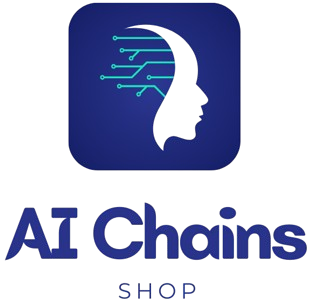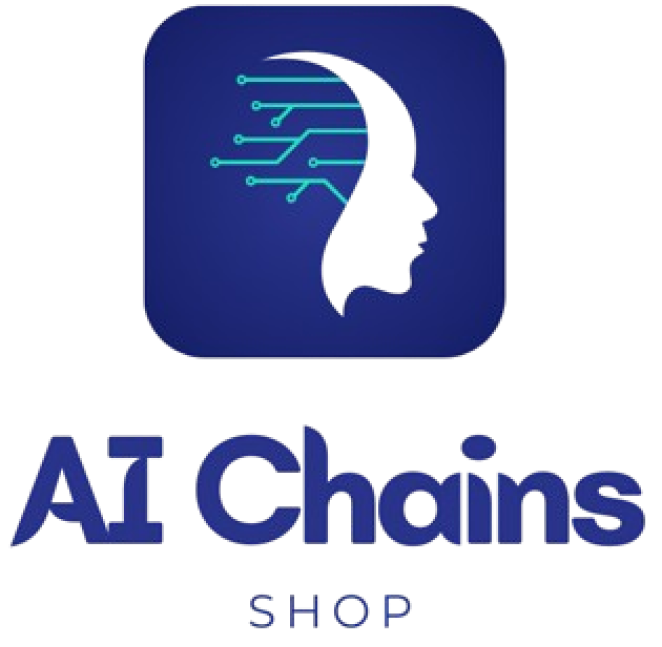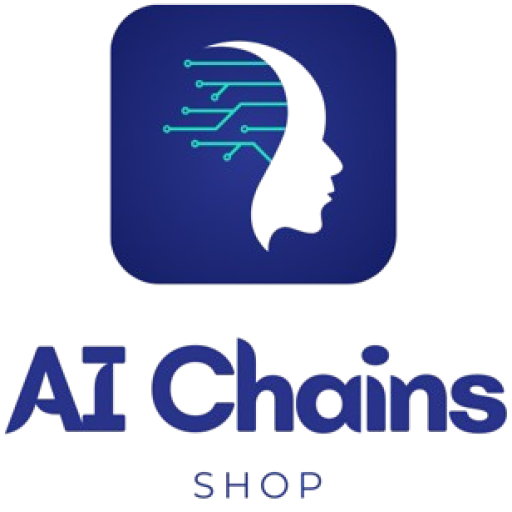Europe’s Digital Economy: Redefining Work and Technology
Across the continent, Europe is undergoing a structural transformation driven by digital innovation. The pace of technological change is disrupting traditional industries, reshaping labor markets, and demanding new thinking from business leaders, educators, and policymakers alike. As the lines between work, capital, and location blur, the question is not whether Europe will adapt, but how.
The Double-Edged Nature of Technology
From generative AI and machine learning to blockchain and advanced robotics, Europe is seeing technology advance at a scale and speed never witnessed before. These innovations promise productivity gains and efficiency, but they also present ethical, economic, and social dilemmas.
Automation is reducing the need for manual and repetitive work in industries like logistics, manufacturing, and customer service. Yet this same wave is creating new professions, AI ethicists, quantum computing analysts, and algorithmic auditors are becoming increasingly relevant. The economy is shifting from labor-intensive to knowledge-intensive, which challenges both traditional employment models and educational structures.
Work Without Borders: The Rise of Decentralized Labor
One of the defining features of today’s workforce is mobility—not physical, but digital. Remote-first companies, borderless teams, and freelance networks are altering the nature of employment. Technology platforms allow professionals to contribute to international projects from anywhere, and digital nomadism has become a viable lifestyle.
Parallel to this, capital formation is becoming decentralized. The rise of decentralized finance (DeFi), crowdfunding, and tokenization has made it possible for entrepreneurs to raise funds without relying on legacy institutions. This democratization is empowering, but also necessitates new frameworks for accountability, taxation, and labor protection.
Digital Literacy as Economic Currency
As automation replaces routine tasks, demand is growing for workers with strong analytical, technological, and interpersonal skills. Basic digital literacy is no longer sufficient. Instead, continuous upskilling, data fluency, and adaptability are becoming prerequisites for professional resilience.
Public and private sectors across Europe are investing in lifelong learning infrastructures. Programs in coding, AI fundamentals, and cybersecurity are being introduced from primary education to vocational retraining. Europe is recognizing that talent is not just a supply issue but a strategic asset in global competition.
The New Breed: Independent Digital Professionals
A striking development is the emergence of a new class of digitally native professionals, entrepreneurs, traders, content creators, and remote consultants, who operate outside traditional corporate hierarchies. Their business models are lean, scalable, and inherently global.
Among them are independent traders operating in the realm of proprietary trading. These individuals use their own capital or trade under funding from specialized firms, often evaluating platforms based on metrics like payout structures, drawdown limits, and evaluation models. For those exploring this space, tools such as prop firm trader provide comprehensive comparisons of prop firms to help users make informed choices. This evolving ecosystem allows traders to act autonomously while leveraging institutional structures for access and scale.
Yet the independence these professionals enjoy also brings exposure to volatility, both financial and psychological. Without the guardrails of traditional employment, such as insurance, pension schemes, or structured career paths, success often depends on discipline, strategy, and a deep understanding of risk.
Building an Ethical Digital Framework
As these shifts unfold, Europe is responding with policy innovation. The Digital Services Act and the proposed AI Act are part of a broader attempt to shape a human-centric digital economy, one that balances innovation with fairness, transparency, and accountability.
Algorithmic decision-making, biometric surveillance, and personal data monetization are raising critical debates. Europe’s challenge is to establish governance systems that safeguard democratic values while enabling competitive advantage in global markets. Technological leadership will depend not only on infrastructure and investment, but on trust, regulation, and cross-border coordination.













